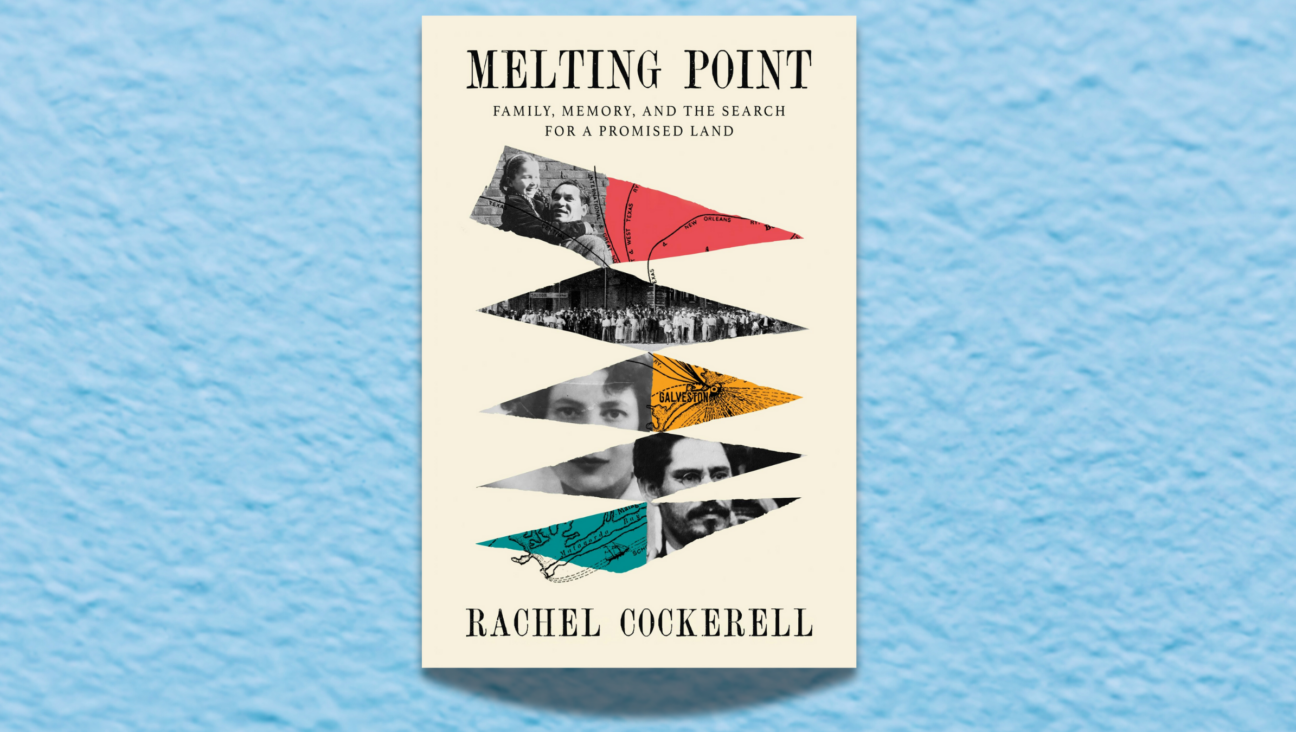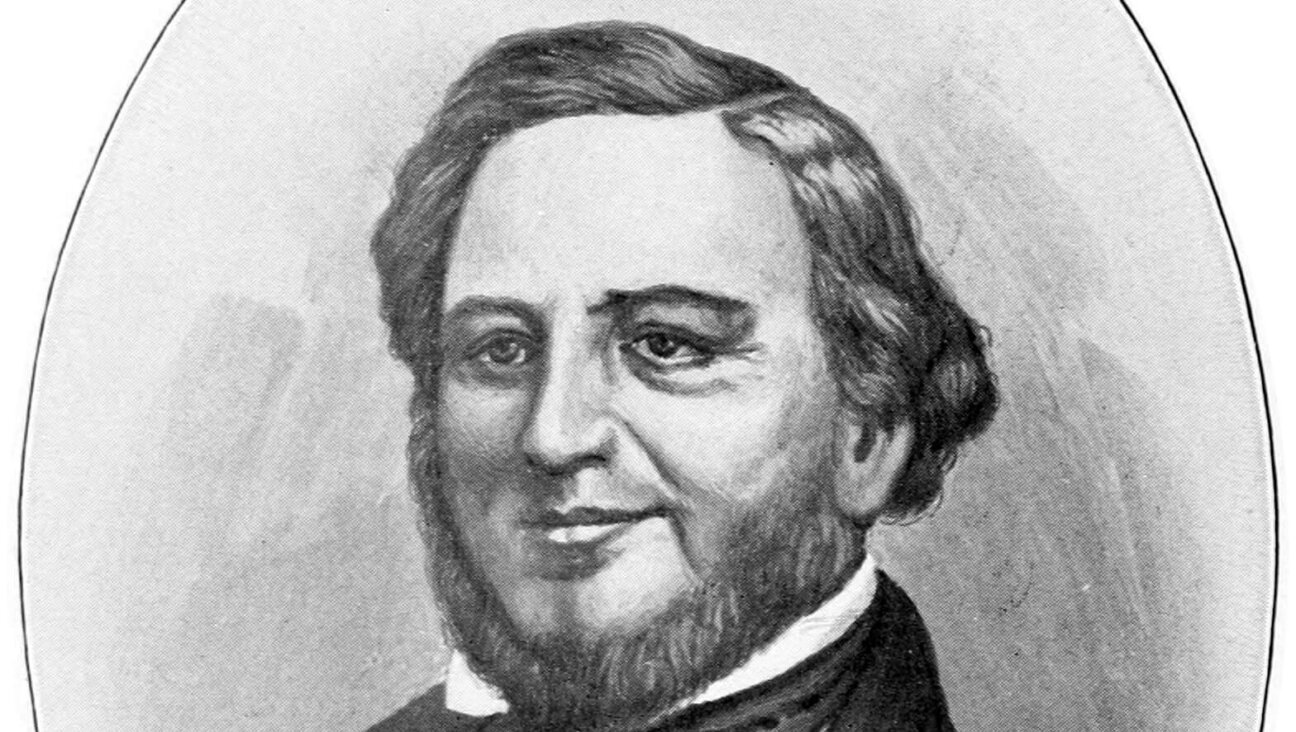Cyril Kornbluth’s Postwar Dystopias

Readers of the intelligently edited anthologies “Wandering Stars: An Anthology of Jewish Fantasy & Science Fiction” and “More Wandering Stars: An Anthology of Outstanding Stories of Jewish Fantasy and Science Fiction,” both from Jewish Lights Publishing, are aware that the postwar development of the sci-fi genre was to a large extent a Yiddishe invention.
Alongside still-famous writers like Isaac Asimov (born Isaac Yudovich Ozimov); Harlan Ellison; and Robert Silverberg are still under-appreciated talents like Cyril Kornbluth (1923 –1958); subject of a welcome new biography from McFarland Publishers.
Of Polish Jewish origin, Kornbluth, a native New Yorker, was the nephew of the eminent London Yiddish theater manager Nathan Isaacovitch. Kornbluth was a teen prodigy sci-fi writer before joining the infantry during World War II. As Asimov wrote in 1941, “The world is sufficiently horrible today for escape to be found in screwiness [i.e. fantasy fiction] rather than horror.” After the war, Kornbluth, having witnessed firsthand the sufferings of newly liberated concentration camp prisoners, began to publish a series of pulp novels under pseudonyms as well as sci-fi written alone and in collaboration.
Such unsparing tales as “The Marching Morons” (1951) recount how so-called intelligence bows to fascism, and Nazi crematoria meld with atomic bombs in an apocalyptic view of the future. Other futuristic stories like “The Mindworm,” deal with mutants, while “The Little Black Bag” features alcoholism and murder.
The literary agent Virginia Kidd called Kornbluth a “strict Jewish moralist,” and his novel “Not This August” posits an America defeated by the combined forces of Russia and China, with visions of camp prisoners like those whom he encountered in wartime Europe. Doubtless Kornbluth would have further explored such themes, but he died tragically young, at age 34, of a heart attack brought on by overexertion. His literary legacy fits in with a gritty school of postwar Jewish sci-fi writers who refuse to envision a sunny Utopian future for mankind, given the grim lessons of recent history.
Watch Cyril Kornbluth’s “The Little Black Bag,” as adapted for TV in 1952 on the series “Tales of Tomorrow”:
The Forward is free to read, but it isn’t free to produce

I hope you appreciated this article. Before you go, I’d like to ask you to please support the Forward.
Now more than ever, American Jews need independent news they can trust, with reporting driven by truth, not ideology. We serve you, not any ideological agenda.
At a time when other newsrooms are closing or cutting back, the Forward has removed its paywall and invested additional resources to report on the ground from Israel and around the U.S. on the impact of the war, rising antisemitism and polarized discourse.
This is a great time to support independent Jewish journalism you rely on. Make a gift today!
— Rachel Fishman Feddersen, Publisher and CEO
Support our mission to tell the Jewish story fully and fairly.
Most Popular
- 1

Fast Forward Ye debuts ‘Heil Hitler’ music video that includes a sample of a Hitler speech
- 2

Opinion It looks like Israel totally underestimated Trump
- 3

Culture Cardinals are Catholic, not Jewish — so why do they all wear yarmulkes?
- 4

Fast Forward Student suspended for ‘F— the Jews’ video defends himself on antisemitic podcast
In Case You Missed It
-

Fast Forward In first Sunday address, Pope Leo XIV calls for ceasefire in Gaza, release of hostages
-

Fast Forward Huckabee denies rift between Netanyahu and Trump as US actions in Middle East appear to leave out Israel
-

Fast Forward Federal security grants to synagogues are resuming after two-month Trump freeze
-

Fast Forward NY state budget weakens yeshiva oversight in blow to secular education advocates
-
Shop the Forward Store
100% of profits support our journalism
Republish This Story
Please read before republishing
We’re happy to make this story available to republish for free, unless it originated with JTA, Haaretz or another publication (as indicated on the article) and as long as you follow our guidelines.
You must comply with the following:
- Credit the Forward
- Retain our pixel
- Preserve our canonical link in Google search
- Add a noindex tag in Google search
See our full guidelines for more information, and this guide for detail about canonical URLs.
To republish, copy the HTML by clicking on the yellow button to the right; it includes our tracking pixel, all paragraph styles and hyperlinks, the author byline and credit to the Forward. It does not include images; to avoid copyright violations, you must add them manually, following our guidelines. Please email us at [email protected], subject line “republish,” with any questions or to let us know what stories you’re picking up.
















